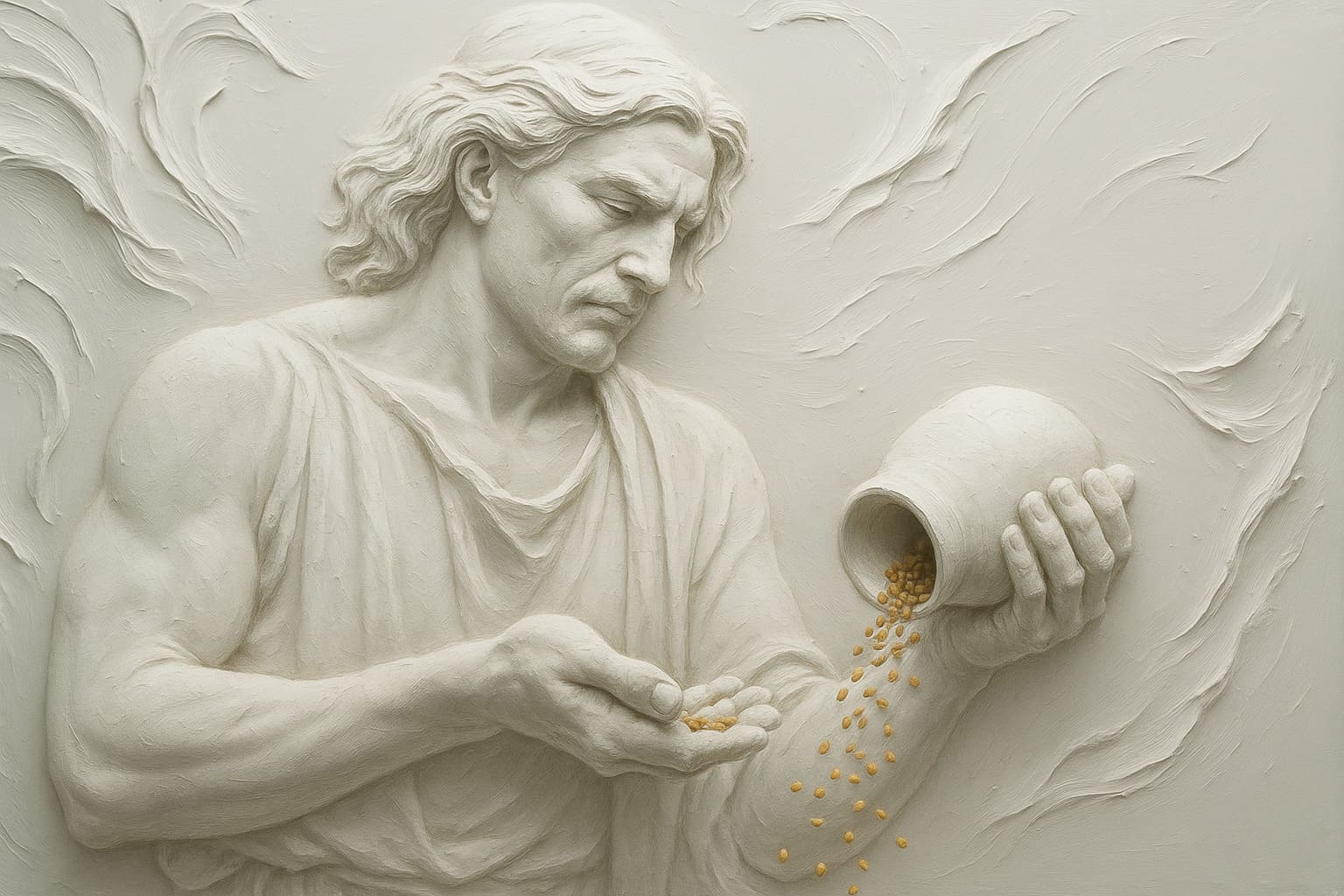Catuaba is a bark extract from the Trichilia catigua tree, native to Brazil. Traditionally, it’s been used as an aphrodisiac, tonic, and mood support remedy in Brazilian herbal medicine. In recent years, it has attracted interest among men looking for natural ways to support energy, libido, and cognitive function.
How It Works
Catuaba extract appears to support blood flow, including to the genital area. Its mechanism is different from drugs like sildenafil, but it also increases nitric oxide levels, which helps dilate blood vessels. This may contribute to improved erectile function, although there are no clinical trials directly comparing catuaba to pharmaceutical treatments.
Some users report enhanced libido, greater sociability, and reduced anxiety. Effects can vary depending on the person and the dose.
What the Research Says
Most of the available data comes from animal studies or in vitro (lab-based) research.
Mood and Dopamine
Catuaba extract has shown antidepressant-like effects in rodents, believed to be linked to increased dopaminergic activity and activation of dopamine receptors.
PubMed, 2005
Cognitive Function and Brain Protection
Catuaba may slow down the breakdown of acetylcholine, a key neurotransmitter for memory. It also helps counter oxidative stress, which contributes to brain aging.
BMC Complement Med Ther, 2018
PMC, 2018
Fatigue and Recovery
One study gave catuaba extract to mice before physical exertion. Mice receiving a high dose showed higher activity levels, suggesting a potential role in post-exercise recovery.
PubMed, 2013
Antioxidant and Antimicrobial Properties
Catuaba has demonstrated antibacterial and antiviral activity in lab settings, including effects against Staphylococcus aureus, E. coli, and herpes simplex virus. These results are from in vitro studies only and not confirmed in human trials.
PubMed, 2001
Safety Considerations
There are no documented cases of toxicity in humans, but safety has not been thoroughly studied. One animal study found that high doses of catuaba impaired implantation in female rats, raising concerns about fertility-related effects.
PubMed, 2015
No standard dosage has been established. Most supplements suggest 1–2 capsules per day, which may be a reasonable starting point.
Bottom Line
Catuaba bark shows potential for supporting mood, libido, cognitive function, and recovery, with effects likely related to dopamine modulation, antioxidant activity, and increased blood flow. However, current evidence is largely limited to animal and lab studies.
If you choose to try it, it’s best to stick to moderate doses and pay attention to how your body responds. Women trying to conceive may want to avoid it due to limited safety data.







